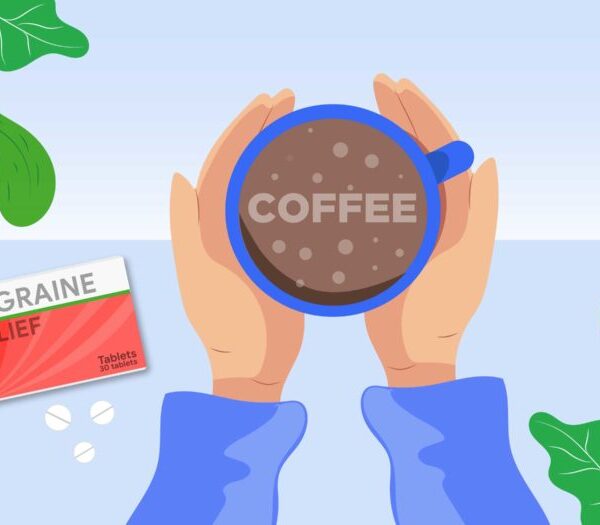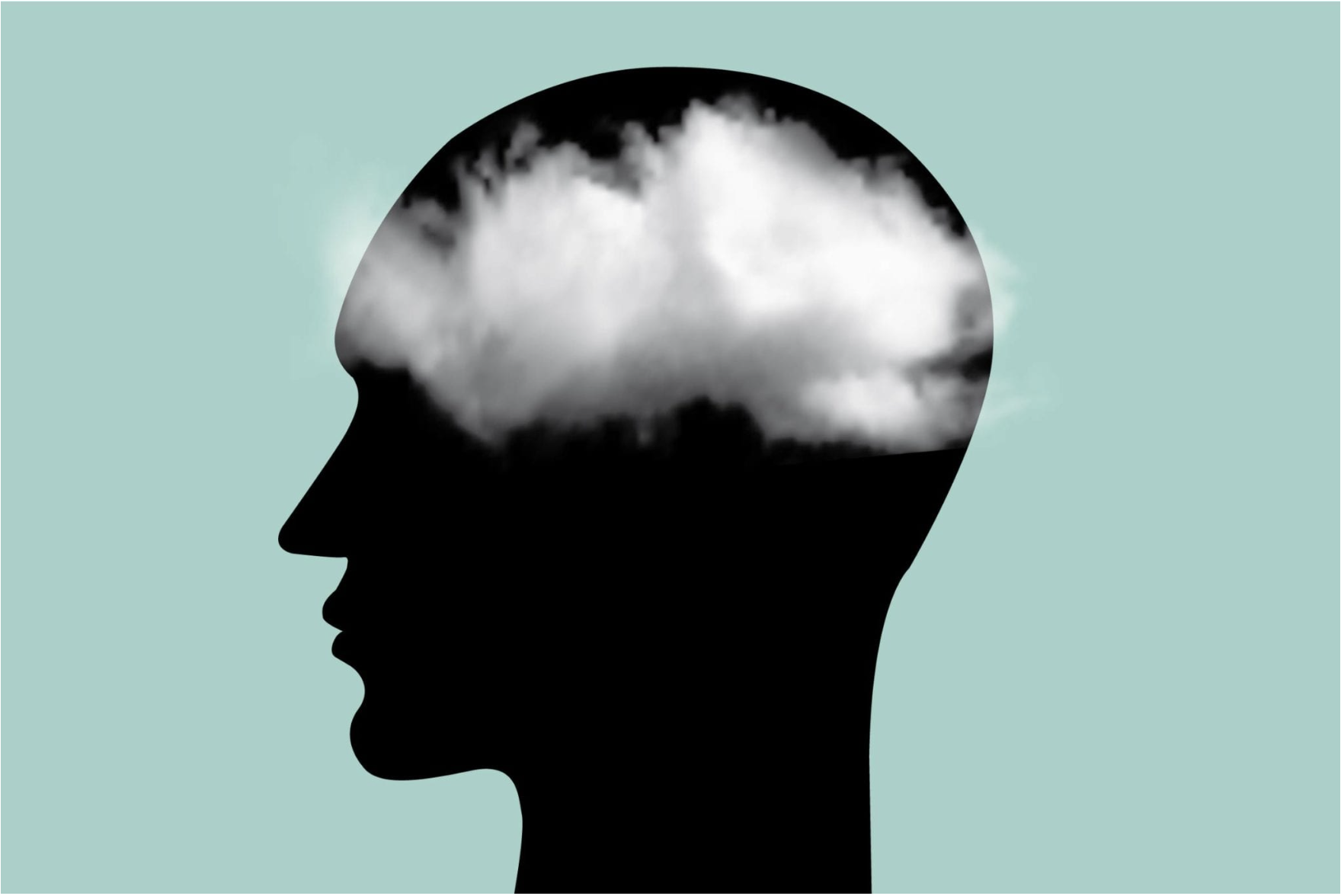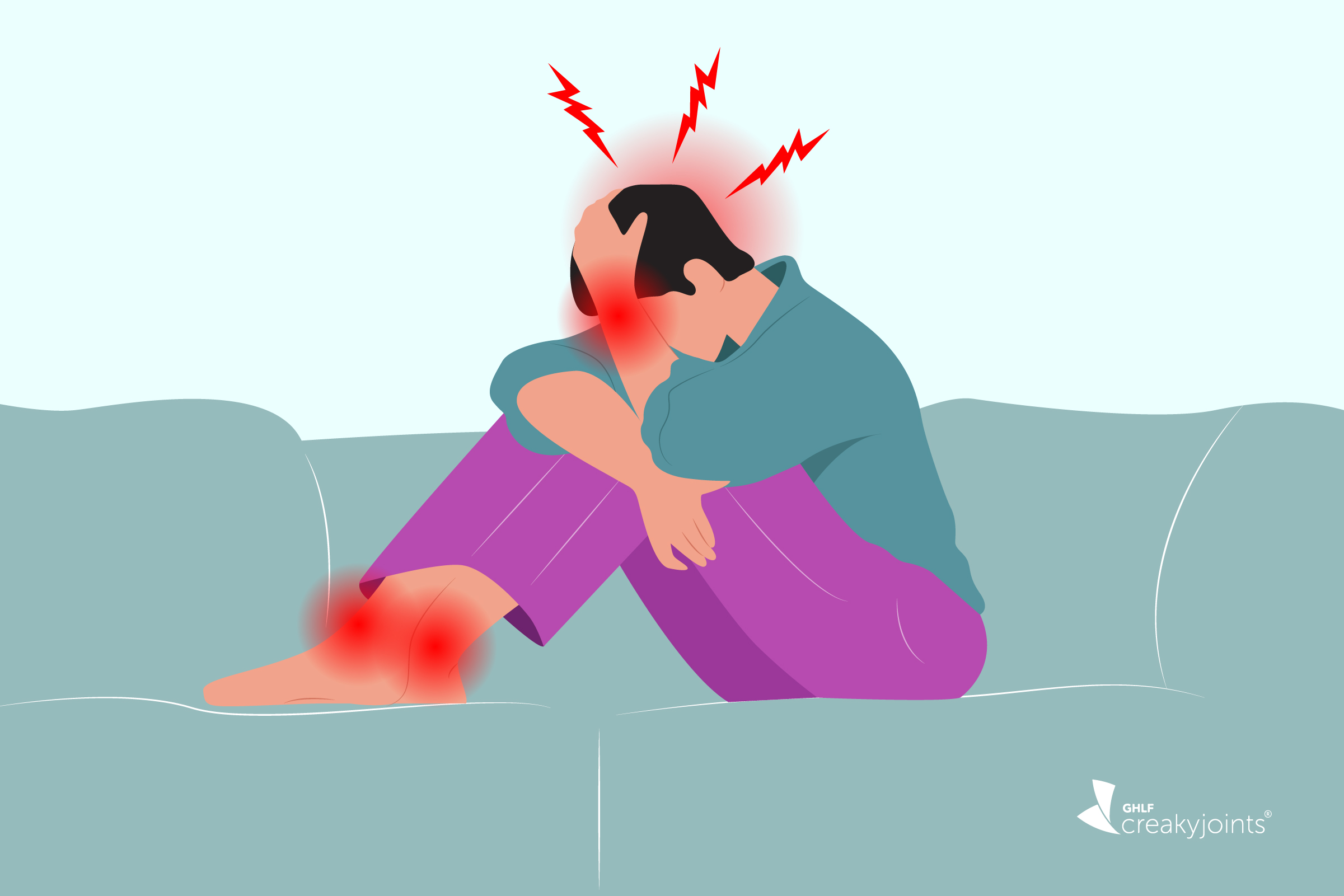The Up-End Migraine Project reveals key gaps in episodic migraine care, aiming to drive change and improve treatment options for patients through insights from both providers and patients.
MANAGING MIGRAINE WITH MEDICAL TREATMENTS: ACUTE TREATMENTS TO STOP MIGRAINE ATTACKS WHEN THEY HAPPEN
MANAGING MIGRAINE WITH MEDICAL TREATMENTS: ACUTE TREATMENTS TO STOP MIGRAINE ATTACKS WHEN THEY HAPPEN
August 18, 2020
Anne M. Sydor

Migraine is a complex disease of the brain and nerves that causes attacks of headache, nausea and vomiting, hypersensitivity to light and noise, and other symptoms. Attacks can be disabling. For most people with the condition, both lifestyle management and medication are needed. This article covers medications for treating migraine attacks when they happen—called acute treatments. Preventive treatments, which reduce the likelihood of having an attack are covered in Managing Migraine With Medical Treatments Part II.
Acute Treatments
The sooner a migraine attack is treated, the more likely an acute medication is to stop the attack. Some headache specialists suggest using an over-the-counter medicine (aspirin, ibuprofen, naproxen or a combination treatment) first and taking a prescription treatment only the first medicine doesn’t stop the attack. Other specialists suggest deciding whether to start with an over-the-counter medicine or a prescription treatment based on how severe the attack seems to be (that is for milder attacks, try an over-the-counter drug first, and for more severe attacks, skip that step and take the prescription drug right away).
Acute Medications Available Without a Prescription
There are several over-the-counter medicines for pain relief that may stop a relatively mild migraine attack. These drugs are pain relief medicines and anti-inflammatory medications that treat any type of pain. Aspirin, acetaminophen (alone or in combination with aspirin and caffeine), ibuprofen, or naproxen may all be helpful.
CAUTION: These drugs should not all be taken at the same time! If you feel more than one is needed for a single attack, talk to a doctor about how to do that safely and about whether a migraine-specific medication is needed.
Acute Medications Available by Prescription
For many, over-the-counter medications are not strong enough to treat most of their attacks. A doctor can prescribe treatments proven to be more effective. Some newer acute treatments have been specifically designed to treat a known biologic cause of migraine.
Anti-Inflammatories
Stronger anti-inflammatory medicines (eg, diclonfenac) can be prescribed. This may be appropriate if over-the-counter medicines start working less well than before. Typically, however, stronger anti-inflammatories do not stop most attacks.
Vasoconstrictors
Dihydroergotamine (DHE) blocks a serotonin receptor on blood vessels and nerves and makes blood vessels constrict (get smaller). Although DHE can be very effective for stopping migraine attacks—especially severe ones—it can be difficult to use because it is available only as a subcutaneous injection (needle under the skin) or a nasal spray that requires a special device.
Triptans are vasoconstrictors that block a serotonin receptor on nerves and blood vessels and stop some, but not all, migraine attacks. Triptans are available as pills, nasal sprays, injections, or suppositories and include almotriptan, eletriptan, frovatriptan, naratriptan, rizatriptan, sumatriptan (alone or in combination with naproxen), and zolmitriptan.
CAUTION: Vasoconstrictors (both DHE and triptans) cannot be used if there is any risk for or presence of heart or kidney disease. Also, DHE is not safe in pregnancy or during breast-feeding.
Opioid Pain Relievers
Opioid pain relief medications can stop migraine attacks and may be prescribed to use as a last resort. Use is NOT recommended, however, because of the risks of addiction and medication-overuse headache.
CAUTION: Avoid using anti-inflammatories, DHE, opioids, or triptans more than 3 times per week to avoid developing medication-overuse headache. If migraine attacks occur on more than 3 days per week, preventive treatment may be needed.
Lasmiditan
Lasmiditan was approved in October 2019 and is the only drug in its class. Lasmiditan binds serotonin receptors on nerves, but not on blood vessels. In studies, lasmiditan stopped about 2 out of 5 attacks.
CAUTION: Lasmitidan can make some people sleepy and a person should not drive a vehicle within 8 hours of taking it. Lasmiditan also has a low risk of addiction and is a controlled substance, regulated by the Drug Enforcement Agency (DEA).
CGRP Blockers
The -gepants are in a new class of drugs that block a naturally produced substance called CGRP or its receptor. After researchers found CGRP in people’s blood during migraine attacks and discovered that giving CGRP caused attacks, drugs to block CGRP were developed to treat migraine attacks. Ubrogepant and rimegepant were approved in December 2019 and February 2020. In studies, both stopped about 2 out of 5 attacks. Ubrogepant and rimegepant are taken by mouth and are not sedating or addictive. So far, they have been safe in people with risk factors or actual heart and kidney disease.
Conclusion
There are many options that can be tried for stopping migraine attacks when they occur. Lifestyle changes that promote overall health can also reduce the frequency and severity of attacks. For people who have attacks 4 or more times each week, preventive medications are also available.
SUBSCRIBE TO GHLF
RELATED POST AND PAGES
_
Was this article helpful?
YesNo




